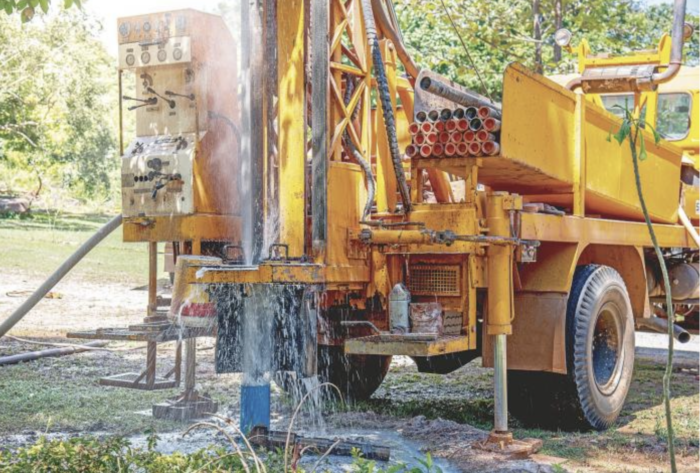The measure is a priority to protect the quantity and quality of groundwater. The cost of the project is $1.7 million and three companies are interested in providing the services. The project is intended for the whole country.
Panama will carry out a study of exploration and evaluation of groundwater throughout the national territory.
The objective of the study is to explore, diagnose and quantify water reserves at the national level to know the behavior and nature of groundwater. The measure is a priority to protect its quantity and quality. In this way, guaranteeing the population the supply of water suitable for human consumption and food security.
A decade ago, in 2010, the former National Environment Authority (Anam) today the Ministry of the Environment of Panama (MiAmbiente), commissioned the study “Delimitation of aquifers and establishment of recharging zones to identify their vulnerability and the development of a strategy for their protection and conservation in the In that study, more than 100 vertical electrical surveys were carried out with research depths of up to 300 meters.
According to MiAmbiente, this made it possible to pose the hypothesis of an aquifer confined in the Dry Arch to greater depths.
As well as high probabilities of the existence of deep aquifers in the four provinces that comprise this region (Coclé, Herrera, Los Santos and Veraguas), with greater prospects in the provinces of Coclé and Los Santos.
The evaluation carried out, on gradients and flow of the underground flow and on the balance of groundwater, determined that in the dry arc there is a flow of water to the sea, probably generated by deep aquifers and with a flow of approximately 20 to 25 m3/s; this analysis represents a potential that has been recognized since then, however it requires greater analysis and detail,” explained Mi
The previous study has been the “most relevant” scope effort that has been made in the country in terms of the study of aquifers.
Scope of the study
In the study of prospecting-exploration and evaluation of groundwater using the remote sensing tool, it is expected to map groundwater reserves at the national level.
In addition, improve access to groundwater for human supply and other uses. Also help with aspects of time and costs in terms of the drilling success rate, instead of relying on obsolete data or simply drilling by trial and error.
Another of the expected results is to evaluate economic aspects of the development and use of groundwater in Panama, and provide the necessary bases to develop a strategy for the proper use of the resource, groundwater in the short, medium and long term.
The company that others), where they are available, to reveal areas of groundwater masses.
In addition, you must evaluate and analyze the development potential of groundwater throughout the country, emphasizing and generating a detailed evaluation of three priority regions in Panama, selected according to the climatic regions as established by the National Water Security Plan 2015-2050.
The selected pilot areas must be within the following regions: Priority region within the Western Pacific, Central Pacific and Eastern Pacific Climate region.
Tender for the serviceThe
Ministry of the Environment is looking for a company to carry out the “Study of Prospecting-Exploration and Evaluation of Groundwater in the Republic of Panama”.
The cost of the project is $1.7 million and three companies are interested in providing the services.
The project is intended for the whole country and in three priority underground basins.
The contract will have a duration of 18 months or five hundred and forty (540) calendar days.
The proposals must be submitted electronically and the proposals are expected to be revealed on December 12.
antecedents
.
Groundwater plays an important
to unfrozen fresh water, in addition to being the main source of water input in many areas with water shortages.
The situation of groundwater in the Republic of Panama, as in many developing countries in the region, presents a fragmented use, little planning and control over its use, according to documents from the Wet Tropic Water Center for Latin America and the Caribbean (Cathalac).
This situation is due to the lack of appropriate knowledge of the characteristics of groundwater reservoirs or aquifers; their geology, hydrogeology, hydrogeology, hydrodynamics, quality, approximate reserves, renewal rate, vulnerability, etc., in addition to strategic guidelines for action at different time horizons.

